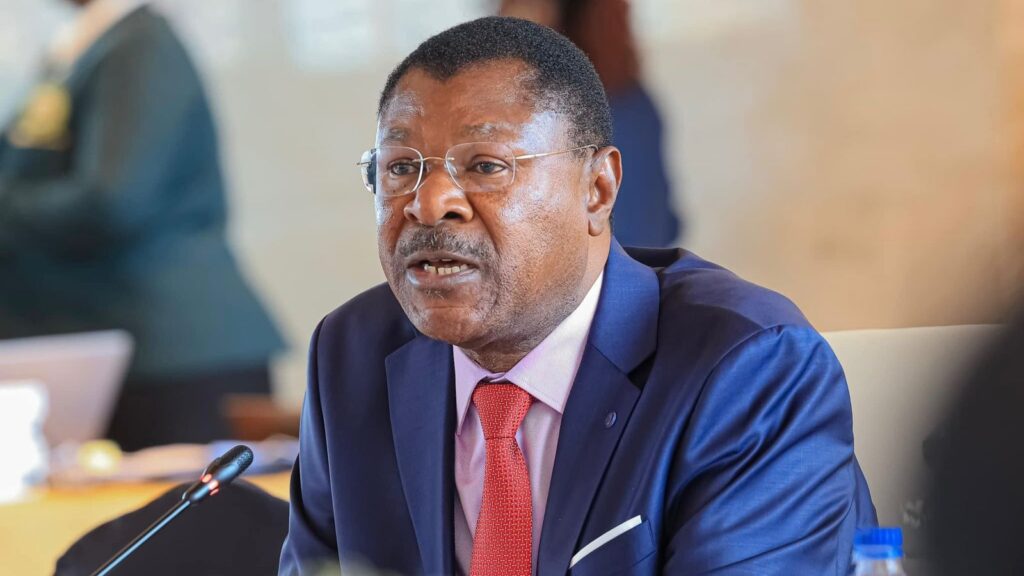National Assembly Speaker Moses Wetangula has raised concern over what he termed as an increasing trend of courts issuing conservatory orders against Parliament, warning that the practice was frustrating the House’s ability to discharge its legislative mandate.
Speaking on Friday, August 22, during the inaugural Joint Forum of the National Assembly and Judiciary leadership, Wetangula questioned why several Bills and Acts of Parliament were frequently being declared unconstitutional by the courts.
“The frequency of conservatory orders has become a serious impediment to our legislative work. It leaves us wondering whether our mandate is being curtailed unnecessarily,” Wetangula remarked.
The Speaker, however, affirmed the National Assembly’s commitment to supporting enhanced funding for the Judiciary to ensure effective service delivery. He emphasized the importance of institutional cooperation, noting that constructive consultations between Parliament and the Judiciary were vital in fostering social transformation.
Chief Justice Martha Koome, who attended the forum, responded to Wetangula’s remarks by cautioning against any form of interference that could compromise judicial independence. While acknowledging the need for institutional collaboration, she stressed that decisional independence of the Judiciary must remain intact.
“We are leaders entrusted with constitutional mandates to serve the public, and the public alone. The Constitution reminds us that this mandate comes directly from the people, to be exercised in good faith and with integrity,” said Koome.
She added that the Judiciary has exercised restraint in intervening in ongoing parliamentary processes, but reaffirmed that judicial review remains critical to ensure that laws passed by Parliament are consistent with the Constitution.
Despite the concerns raised, both arms of government used the forum to reaffirm their commitment to upholding constitutionalism, accountability, and the doctrine of separation of powers. They agreed to establish a collaborative and consultative mechanism to sustain engagements on matters of national importance, guided by mutual respect and the public good.
The meeting marked a rare moment of dialogue between Parliament and the Judiciary, signaling efforts to ease growing tensions between the two institutions while preserving the delicate balance of power envisaged in Kenya’s Constitution.

